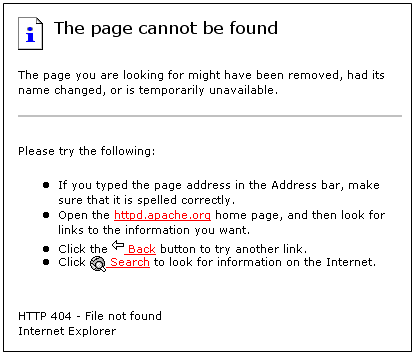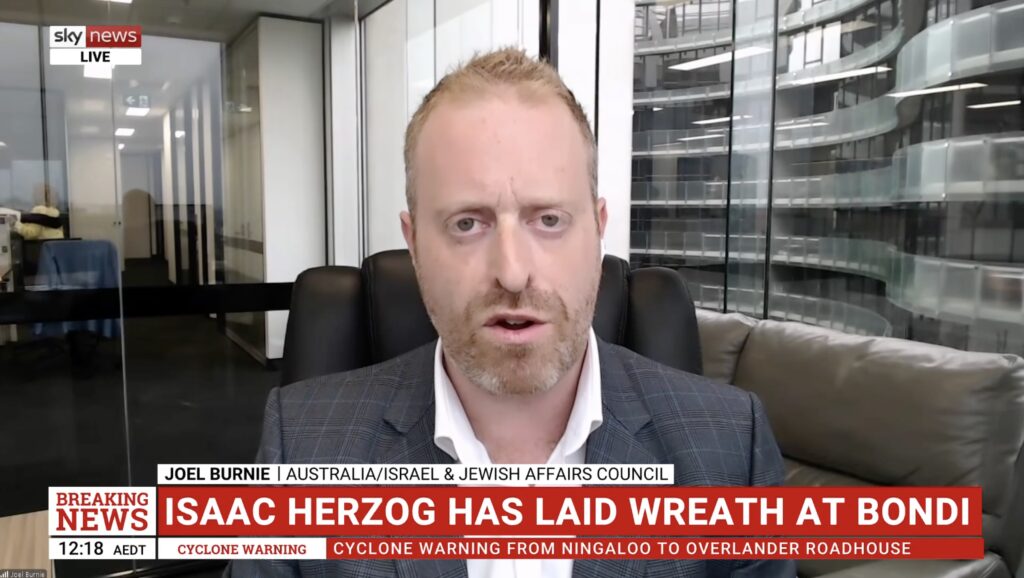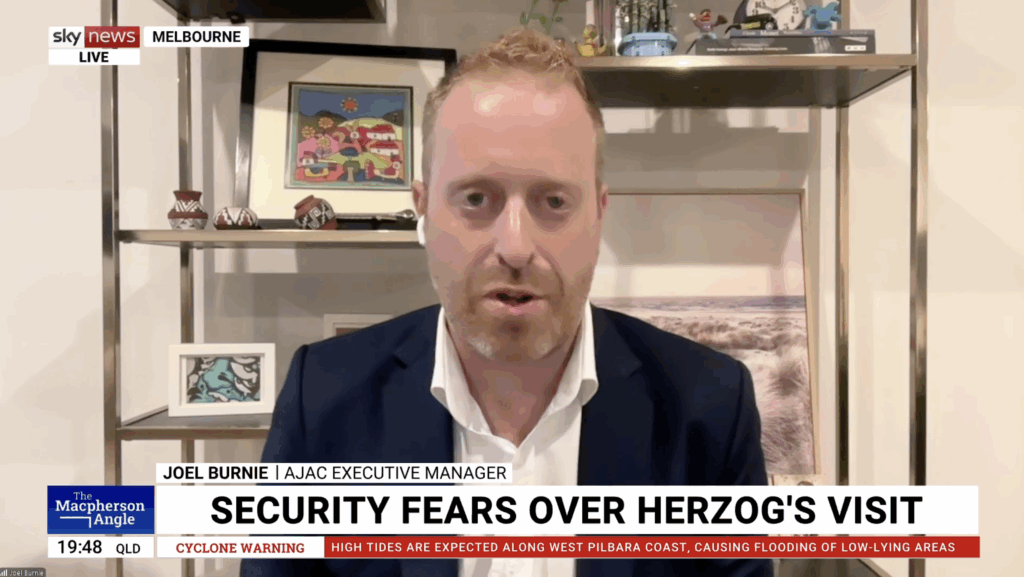UPDATES
PA goes from jailing Facebook critics to blocking critical websites
May 2, 2012 | Ahron Shapiro

As World Press Freedom Day approaches on Thursday, the Palestinian Authority (PA) looks to be headed in the other direction.
The PA has come under widening criticism of late for its worsening record on press freedom (as reported in a recent blog post by Or Avi-Guy). Part of that story centres on a number of Palestinians arrested after making critical comments about the PA or its leaders on Facebook. Now reports say the PA is also blocking off access to critical news websites.
According to the Palestinian Ma’an news agency, Palestinian internet providers have been instructed to block access to news web sites critical of Fatah and Palestinian President Mahmoud Abbas.
The eight affected websites reportedly are: Amad, Fatah Voice, Firas Press, In Light Press, Karama Press, Kofia Press, Milad News and Palestine Beituna. All of the sites are reportedly based in Jordan and have a focus on internal Fatah issues as part of their reporting on the news of the day overall. Ma’an noted that some of the sites are seen as supporters of Abbas’ Fatah rival Muhammad Dahlan.
On April 30, in an article for Foreign Policy, Jonathan Schanzer summarised the many incidents of the PA’s violation of press freedom going back several years, though escalating in recent months.
The author, who is vice president for research at the Foundation for Defence of Democracies, also took US President Barack Obama to task for not making Palestinian aid contingent upon a reversal of Abbas’ freedom-squelching policies.
Just days after the scandal erupted, the president signed a waiver releasing $192 million in aid for the Palestinians that had been frozen by Congress on the grounds that it was “important for the security interests of the United States.”
The president, however, issued the waver without first demanding that Abbas take measures to guarantee free speech in the West Bank. This was a lost opportunity. Only direct intervention by the United States will ensure greater freedom of expression for Palestinians engaged in this important struggle.
US State Department Spokesperson Victoria Nuland, responding to a question on the issue on April 25, said the US is “raising concerns” with the PA over the issue and appeared to be attempting to distance itself from the PA’s violations by checking to make sure no US-backed groups are helping the PA censor the internet.
QUESTION: Are you aware that the Palestinian Authority blocked something like eight websites that are critical of Mahmoud Abbas? And if you are, do you have a comment on that?
MS. NULAND: I do have something on this. We have seen these reports, and we are concerned about any uses of technology that would restrict access to information. We are raising these concerns with the Palestinian Authority. You know that we’ve had these concerns in other parts of the world, and we wouldn’t want to see the PA going in the direction that some of those regimes have gone in. You know how strongly we advocate freedom of expression, freedom of information. So we will raise these things and endeavor to figure out what’s going on.
QUESTION: Are any of these news agencies and websites U.S.-financed?
MS. NULAND: Said, we started to do a little investigation of that. None of them is funded by the State Department programs under MEPI. I don’t have a full picture of the USAID programs yet. As soon as we do, we’ll get something back to you.
The problem has become far too blatant to ignore.
Even Hanan Ashrawi, who just last month lent herself to the PA in order to present a special journalism prize to disgraced former White House press corps stalwart Helen Thomas on behalf of Abbas, has slammed internet censorship within Abbas’ PA.
In another rebuke of the government, Palestinian Telecommunications Minister Mashour Abu Daka reportedly announced his resignation last week in protest of the acts of censorship.
Meanwhile, on Sunday the PA’s Attorney General Ahmad al-Mughni defended the decision to block the websites, for what he said were legal and security reasons, depending on the particular website.
He claimed that the websites in question had been quietly blocked for months, and as such questioned the timing of Abu Daka’s resignation.
For the technologically curious, Forbes magazine has revealed the techniques used to test the internet in the Palestinian Authority and map out the forms of internet censorship deployed by the PA.
In the Guardian, Naomi Wolf wrote a column last Friday on internet censorship.
While she left herself room in her essay to lament the plight of unnamed “Palestinian human rights activists intimidated after raising money online”, don’t look for a mention of the current controversy over the Palestinians’ own miscues. It isn’t there.
Ahron Shapiro
Tags: Palestinians





